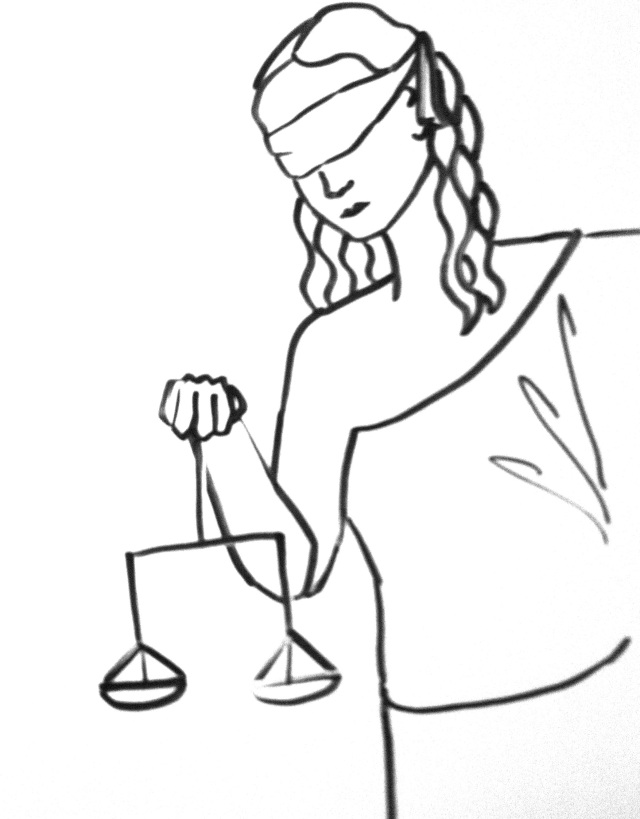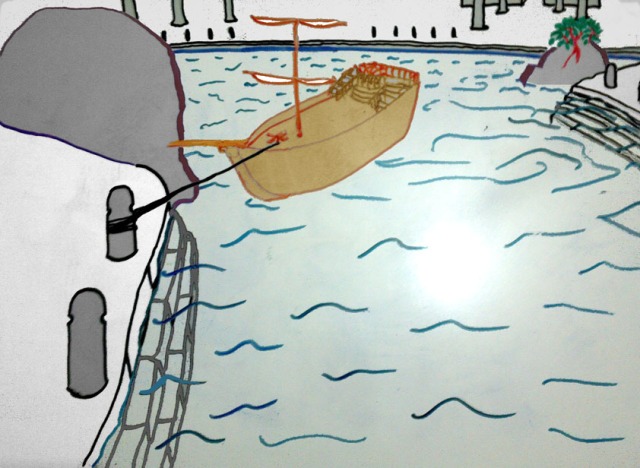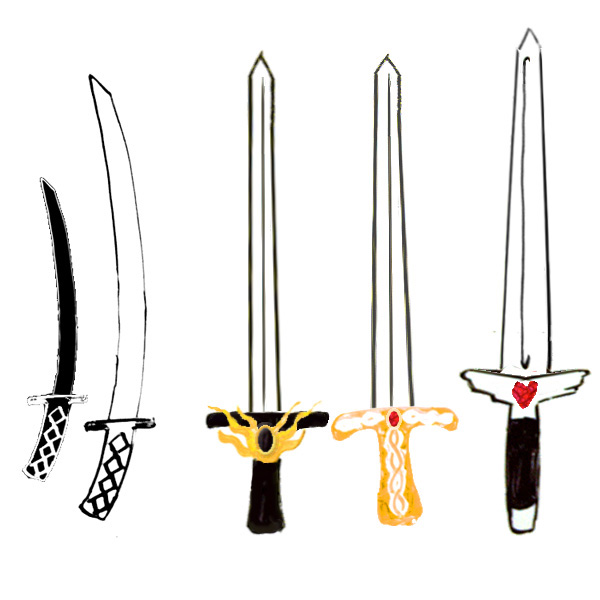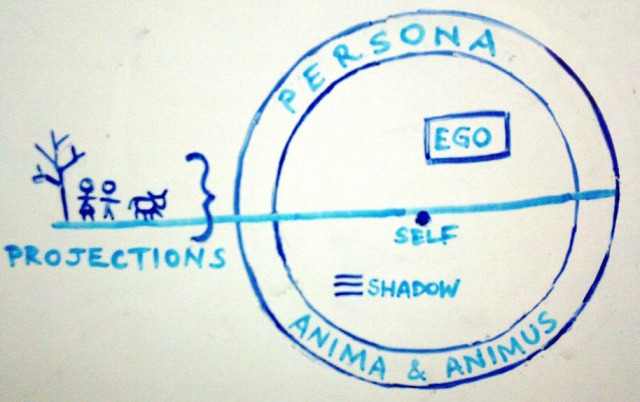The major push for me to begin exploring this edge of imagination, that really demonstrated how imagination did have an edge and wasn’t just endless egoistic ideations to only be used as a tool for furniture shopping (or clothes shopping, if a fitting room isn’t available,) was Carl Jung’s Liber Novus, also known as The Red Book.
It chronicles his own experiments with a psychological treatment that he called Active Imagination, that I call questing, and as he analyzes his own quests as they happen this Red Book is a great insight into his personal philosophy.
A couple of passages did cause me discomfort, such as his assertion to one of his imaginary friends that the ideological conquest by Christianity and the cultural death that it left in its wake was right to have happened, that it should be embraced, and that anybody in the world who was not Christian was either Asian or lying to themselves…such as Jews. Jung’s imaginary friend did call him out on his anti-Semitism.
Later, Jung related to his more Biblically-formed imaginary friends the realization that his own subconscious landscape was also influenced by the Epic of Gilgamesh, the Nibelunglied, and Greek mythology, and therefore polytheism was the more psychologically-fulfilling path, which I still disagreed with because it’s still universalizing his personal experience.
Another feature that bothered me, but does explain Jung’s standpoint, was this spectacularly self-abusive tirade. Jung basically threatened torture and murder upon himself because he loves personal development that much, except that the way he puts it is that he loathes himself for ever depending on people, and for the fact that whenever he feels hurt or misunderstood that his first instinct isn’t to navel-gaze and figure out why he should even care about what somebody else ever does.
I think that’s rather harsh, considering that it’s a scientific qualifier for life that a specimen would react to outside stimuli. Maybe that doesn’t apply to the level of psychology and society, but the passageway to that paradigm shift would be the notion that on that level, we are always completely isolated and only think that we’re not because, by some paradoxical nature, we can’t understand or process that fact.
In any case, that tirade came in somewhere between the folktale-structured story that Jung received by a serpent-shaped imaginary friend of his, and Philemon’s seven sermons to the dead.
Once upon a time, there was a king who couldn’t have a baby. The king visited a witch, who told him to get some otter fat and bury it for nine months before digging it up again.
The kind did so, and the otter fat grew in the ground so that when it was dug up the king found a baby, and the baby became heir to the throne. The heir grew up and asked for the throne.
The king, upset at this new development, went to the witch and asked how to get rid of his son.
The witch told him to get some otter fat and bury it for nine months before digging it up again.
The otter fat drained the life force from the son, and within nine months the heir sickened and died.
The king went back to the witch to ask how to heal his remorse. The witch told him to get some otter fat and bury it for nine months before digging it up again
Seriously, is that her solution to everything?? Excuse me, I mean…carrying on…
This action produced a baby again, which the King raised up to be the exact same heir. But this time, when the son asked his father to abdicate, the King embraced him and gave him the crown because he knew it would happen and was prepared for it, and so was willing to allow his son to do this.
It reminded me a lot of the deconstruction of three wishes in Terry Pratchett’s A Hat Full of Sky. In any story about three wishes that successfully communicates the human condition, the third wish is special and always the same. “I wish that all the harm caused by the previous two wishes would be undone.”
Jung definitely approached all this more from a psychological standpoint rather than one where the Otherworld was a real world and people went to and fro with their imaginations, or through hallucinogenic drugs, or sensory deprivation, and brought back otherworldly wisdom. I think one of Jung’s imaginary friends in his imaginary world, Salome I think it was, made the request that Jung quit calling her a “symbol” because she was real, but then again she also tried to convince Jung that he was the second coming of Jesus Christ so it was probably well and good that Jung continued to consider it all symbolic anyway.
Still, the cadence of this particular story stands on its own in stark contrast to its source that usually lacks rhyme and reason except through the filter of Jung’s express interpretation.




